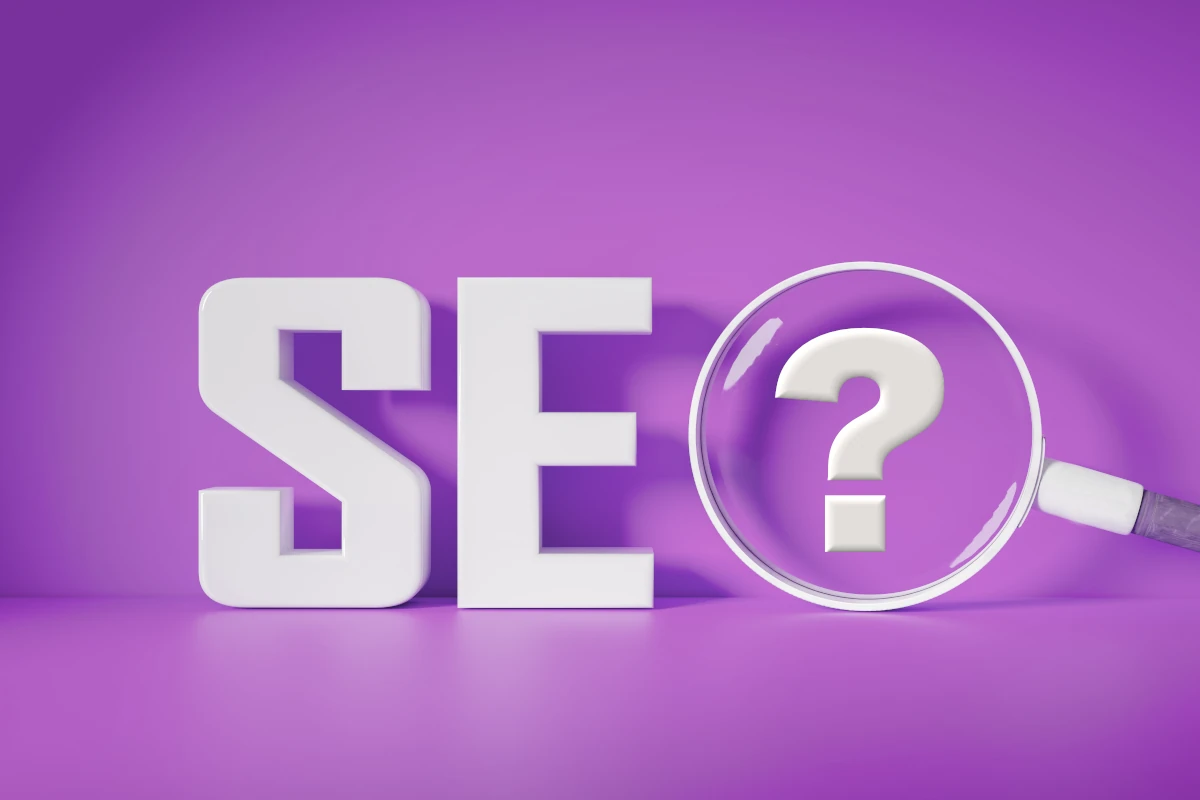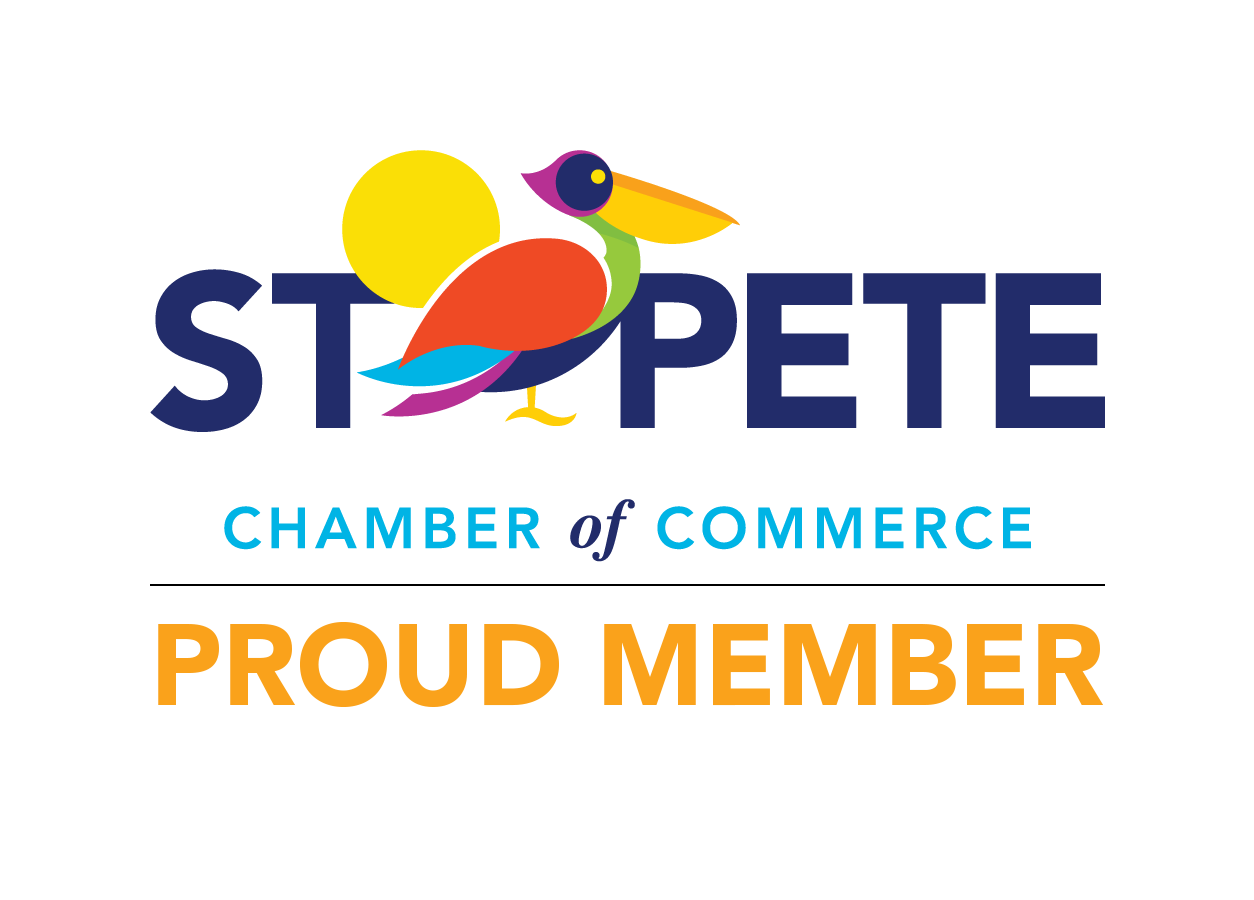
What is Ecommerce SEO?
Struggling to get your online store seen by more shoppers? Ecommerce SEO can help! It’s the secret sauce to getting your products ranking higher in search results, attracting more qualified traffic, and ultimately driving more sales. Let’s dive into the world of Ecommerce SEO and show you how to turn your online store into a sales magnet.
What is Ecommerce SEO?
Ecommerce SEO is the strategic process of enhancing your online store’s visibility on search engines like Google, Bing, and Yahoo. This is not just about ranking higher; it’s about creating a seamless, user-friendly experience that translates into increased traffic, conversions, and revenue.
Picture this: you have a fantastic range of products, a user-friendly website, and a seamless checkout process, but if your potential customers can’t find you, then your efforts may go unnoticed. This is where Ecommerce SEO steps in:
▼ Boost Visibility
Imagine your website as a storefront on a busy street. Ecommerce SEO ensures that your storefront is not hidden in a quiet alley but prominently displayed on the main thoroughfare, attracting more foot traffic.
▼ Increase Organic Traffic
When users search for products or services you offer, a well-optimized site is more likely to appear on the first page of search results. This increased visibility means more potential customers discovering your offerings organically.
▼ Build Credibility & Trust
Websites ranking higher in search results are often perceived as more trustworthy and credible. Ecommerce SEO not only brings more eyes to your site but also elevates your brand’s reputation.
▼ Enhance User Experience
SEO is not just about search engines; it’s about creating a better experience for your users. By optimizing your site’s structure, content, and navigation, you make it easier for visitors to find what they’re looking for, leading to higher satisfaction and more conversions.
▼ Stay Competitive
In the fiercely competitive world of online commerce, staying ahead of the curve is crucial. Implementing effective SEO strategies ensures that you are not only keeping up with competitors but also surpassing them.

Key Components of Ecommerce SEO
Focus on the right aspects of your website.
- Keyword Optimization: Identifying and strategically incorporating relevant keywords into your product descriptions, meta tags, and URLs helps search engines understand the content of your pages.
- Quality Content: Regularly updating your website with high-quality, informative content not only engages your audience but also signals to search engines that your site is active and valuable.
- Mobile Optimization: With a growing number of users accessing the internet on mobile devices, ensuring your site is mobile-friendly is paramount. Search engines prioritize mobile-friendly sites in their rankings.
- Website Navigation: Ecommerce websites are unique in that they list products, and larger businesses may have thousands of items in their inventory. This can be tricky for search engines that are trying to figure out the navigation structure and more.
- Technical SEO: Optimizing technical aspects such as site speed, crawlability, and schema markup contributes to a smoother user experience and better search engine rankings.
Best Practices for Ecommerce Sites
Find visibility on search engines.
Staying ahead of the curve requires a commitment to best practices that go beyond the basics. Here are the key strategies to guide you on the path to SEO success for your online store:
▼ Know Where Content Appears
Ecommerce content can appear in many different places across Google, and other search engines. Therefore, keep in mind the type of structured data, information, or other content needed to appear in: Google Search, Google Images, Google Lens, Google Shopping Tab, Google Business Profile, and Google Maps.
▼ Showcase & Share Product Data
Your goal should be to get your products, and the data, on as many surfaces as possible. This can bring more relevant traffic to your site. There are two ways you can achieve this:
- Include structured data in your site’s product pages
- Tell Google directly which products you want to show on Google by uploading a feed to Google Merchant Center.
▼ Use Ecommerce Structured Data
Structured data is a very technical aspect of your website, and this specific coding makes it easy for search engines to see the exact information you want them to.
These types of structured data are particularly relevant for ecommerce websites:
LocalBusiness(ie: hours, location, website)Product(ie: product information, photos)Review(ie: customer review)BreadcrumbList(ie: site navigation routes)WebSite(ie: a search bar that appears on the SERP)VideoObject(ie: product videos, live stream event)
▼ Launching an Ecommerce Website
If your website is brand new, then search engines have not likely indexed it. Additionally, there’s more than just indexing to consider:
- Verify your site ownership for Search Console & other applications.
- Have your website indexed:
- Small number of URLs: Use the URL inspection tool.
- Large number of URLs: Provide a sitemap.
- If you also have a physical location, claim your Google Business Profile and provide your business information.
- Use Google Merchant Center to provide additional information about your products.
▼ Write High-Quality Reviews
If you are in the position to write reviews (expert or blogger with independent opinions) then high-quality reviews are a great way to help people learn more about products they might be interested in.
When writing reviews, focus on the quality and originality of your reviews, not the length. Lastly, write for people, not search engines.
▼ URL Structure Matters
A good URL structure makes it easy for bots to crawl and index your pages. On the other hand, poor URL structure can cause issues:
- Content May Be Missed: If a bot thinks that two URLs contain the same content, then only one of the URLs may be indexed. This is common with fragment identifiers
- Duplicate Content/Pages: If two URLs go to the same page, one with a color identifier in the URL and another with the product number, a bot may pull both not recognizing that they go to the same place.
- Infinite Number of Pages: Certain settings, like a timestamp in the URL, produces an infinite number of URLs that go to the same place. This slows down the crawling and indexing process entirely.
▼ Seamless Navigation
Internal site navigation is both important for search engines and users. Without proper categorization and linkage, both parties may have difficulty finding all of the products you offer.
Therefore, make sure that all content can be reached by following links through your site’s navigation. We recommend adding links from menus to category pages, from category pages to sub-category pages, and finally from sub-category pages to all product pages. Otherwise, your pages may get lost in a black hole.
▼ Choosing UX Design
Page experience is a confirmed ranking factor for Google. Websites with large stock of products may benefit from showing a subset of products, or partial loading if the full set of matches are too large to showcase. There are 3 UX designs most popular for Ecommerce websites:
- Pagination: When a user must choose to click on “previous” or “next” to land on a page with all new results..
- Load More: A button that a user can click to display more results.
- Infinite Scrolling: Where a user scrolls to the bottom of the page and more results automatically appear.
Get More Online Sales. Unleash Ecommerce SEO Power.
Ecommerce SEO isn’t just about ranking higher – it’s about attracting more qualified leads and turning them into customers. That’s the power of Cyberlicious® Ecommerce SEO. We help you optimize your online store to get seen by more shoppers and boost your bottom line.
Ready to unlock sweeter sales success?
Need more SEO insights?
Explore our FAQ like a delightful dessert buffet. Click a question for a single bite or savor the entire knowledge base!
▼ Beginner SEO FAQ
How to Learn SEO
What is an SEO Campaign Strategy?
How to Identify Keywords for SEO
What is SEO Copy & How to Write SEO Content?
What is an SEO Title?
What is Meta Tag in SEO?
Why is Having Duplicate Content an Issue for SEO?
What Is On-Page & Off-Page SEO?
Why are Internal Links Important for SEO?
What are Backlinks & Link Building in SEO?


